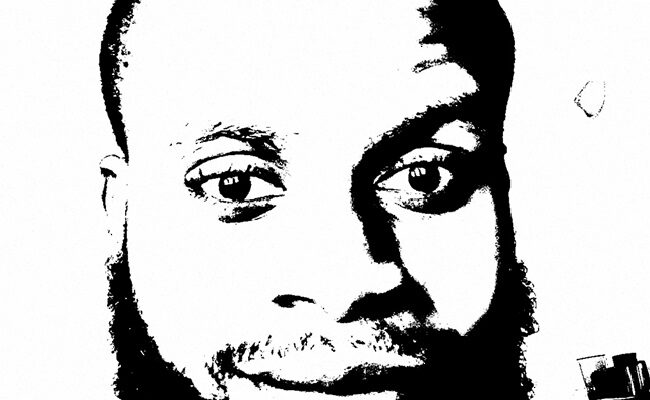The inspiration for this reflection came one restless evening when a voice note landed in one of my WhatsApp groups. It was the trembling voice of someone warning that bandits had entered our neighboring town. According to him, they were heavily armed, moving from house to house. Within minutes, the message had gone viral, copied, forwarded, and rebranded with each new group it entered. By nightfall, fear had spread faster than the alleged attackers.
I sat there confused, my phone buzzing nonstop, each alert another reminder of our growing insecurity, not just from criminals, but from the chaos that follows misinformation. I called a friend in the so-called affected area, expecting him to be hiding under a bed or crouched behind a locked door. Instead, he picked casually, chuckling: “Nothing dey happen. That voice note na from previous incident. People just dey panic for nothing.”
It hit me then, we are fighting two wars. One against real threats, and another against the fear factory we have built with our own hands.
Yes, we are under siege, but not only by terrorists and criminals. We are besieged by a parallel army, a legion of well-meaning but digitally reckless citizens armed with smartphones and bundles of unverified information. A battalion of patriots of panic, comrades of confusion, who see no difference between being informed and being afraid.
We live in a time where people seem to derive purpose from forwarding unverified danger. Some, without confirming anything, send messages filled with panic: “Don’t go out today!” “Lock your doors, they’re coming!” Others, more theatrical, add audio clips of gunshots, claiming it’s happening right now in your backyard. No verification. No truth. Just pure, unfiltered fear.
There is now a specific genre of Nigerian horror storytelling: The Broadcast of Doom. It comes with eerie voice notes, grainy images, and a voice usually trembling enough to win an AMVCA award for Best Actor in a Role of National Emergency. The message is always vague enough to apply to any town, yet specific enough to inspire dread: “They’re already in Kabba… I mean, sorry, Odo Ere… or maybe Egbe. Just be vigilant!”
And this is not to say the insecurity isn’t real. It is, painfully so. The threat exists. But in our desperation, we’ve allowed rumors to do what bullets couldn’t: break our spirits.
I remember speaking with an elder in the community. He told me, “Omo mi, this fear we’re carrying in our chests, it didn’t start with gunfire. It started with a message.” And he was right. Sometimes, the real danger isn’t outside. It’s in the stories we choose to believe and spread.
A nation at war cannot afford to be careless with its narratives. Panic has become its own form of violence, a silent one, but no less destructive. It seeps into the national bloodstream, clogs our common sense, and leaves us paralyzed with imaginary terror.
We have become merchants of our own misery. Our smartphones are now shrines where we worship fear with offerings of voice notes, grainy videos, and captions written in capital letters: BREAKING: RUN FOR YOUR LIFE!
When a nation loses trust in formal institutions, it invents its own newsroom on the streets. The Okada rider becomes the BBC. The tailor becomes Channels TV. The woman selling groundnuts becomes the anchor for Breaking News at Noon. And the people tune in faithfully, not to verify, but to amplify.
So, I’ve started asking myself hard questions. Before I forward that message, have I verified it? Who gains from the fear I’m sharing? Am I helping people prepare, or am I helping panic grow legs?
We need real solutions. Community vigilance, cooperation with security forces, and yes, digital discipline. Because these days, every phone is a potential weapon. Not of self-defense, but of widespread hysteria.
Even now, security agencies are making frantic efforts to restore sanity, peace and order. The least we can do is not become saboteurs of their efforts by turning every rumor into a headline.
Yes, the insecurity is real and a national phenomenon. They are painfully real. But the question is: must we also import fear into the corners where violence has not yet reached? Must we be both the victims and the broadcasters?
In this fight against insecurity, we must be wise. Courageous, but careful. Alert, but not anxious. Because in a country already struggling with safety, the last thing we need is to become enablers of fear in the name of staying informed.
We need, as the Yoruba say, ironu pẹ̀lú àrídájú (reflection with verification).
For now, let us rise as digital citizens who carry not only data but also discernment. Let us forward only what is true, and discard what is merely terrifying. For as long as we keep stoking panic, we are not just losing the battle for safety; we are surrendering our sanity in the process.
And in this Nigeria, madness is already on promo, no need to add yours for free.
– Adeyemi Babarinde Sunday wrote from Kogi state.




